A Comprehensive Look at the Portland Metro’s Future: Understanding the Role of the Regional Planning Organization
Related Articles: A Comprehensive Look at the Portland Metro’s Future: Understanding the Role of the Regional Planning Organization
Introduction
With great pleasure, we will explore the intriguing topic related to A Comprehensive Look at the Portland Metro’s Future: Understanding the Role of the Regional Planning Organization. Let’s weave interesting information and offer fresh perspectives to the readers.
Table of Content
A Comprehensive Look at the Portland Metro’s Future: Understanding the Role of the Regional Planning Organization
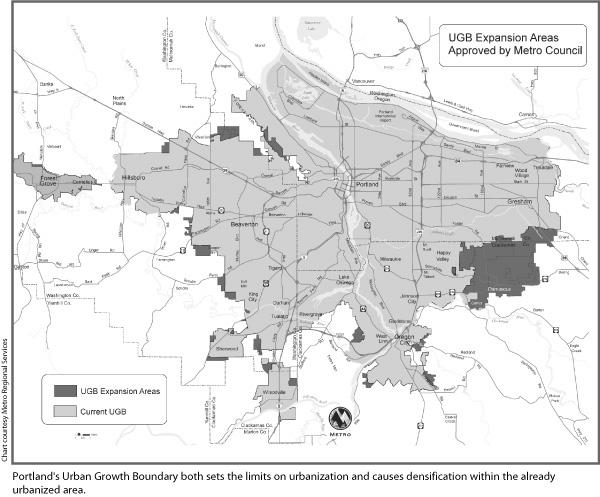
The Portland metropolitan area, like many urban centers across the globe, faces a complex tapestry of challenges and opportunities. Balancing economic growth with environmental sustainability, ensuring equitable access to resources and services, and fostering a vibrant and thriving community are just a few of the intricate issues that demand thoughtful and collaborative solutions. To address these multifaceted challenges, the region relies on the expertise and guidance of a dedicated organization: the Portland Metro, officially known as the Metropolitan Planning Organization (MPO).
Understanding the Role of the MPO
The Portland Metro acts as the regional planning organization, tasked with coordinating transportation planning and programming for the region. Its responsibilities extend beyond transportation, encompassing land use planning, air quality management, and economic development. The MPO’s unique position allows it to play a pivotal role in shaping the future of the Portland metropolitan area.
Key Functions of the MPO
The Portland Metro’s work is guided by a comprehensive set of functions, each contributing to a larger vision of a well-planned and thriving region:
- Transportation Planning: The MPO develops and maintains the region’s long-range transportation plan, known as the Regional Transportation Plan (RTP). This plan outlines a vision for the future of transportation in the region, encompassing all modes of travel, including roads, transit, biking, and walking. The RTP serves as a blueprint for future transportation investments, ensuring that projects are aligned with regional goals and priorities.
- Funding Allocation: The MPO allocates federal transportation funds to various projects within the region. This crucial function ensures that limited resources are distributed effectively to support projects that align with the RTP’s vision.
- Congestion Management: The MPO actively works to mitigate traffic congestion, a persistent issue in many urban areas. This involves exploring various strategies, including enhancing public transportation, promoting alternative modes of travel, and implementing traffic management measures.
- Air Quality Management: The MPO plays a vital role in air quality management, collaborating with local and state agencies to reduce emissions and improve air quality. This involves working with transportation providers to reduce vehicle emissions and promoting alternative modes of travel.
- Economic Development: The MPO recognizes the interconnectedness of transportation and economic growth. It collaborates with local governments and businesses to foster economic development and ensure that transportation infrastructure supports a thriving regional economy.
- Community Engagement: The MPO actively seeks public input and engagement in its planning processes. This collaborative approach ensures that the needs and priorities of the community are reflected in the region’s plans and policies.
The Importance of Regional Planning
The work of the Portland Metro highlights the importance of regional planning in addressing complex challenges and shaping the future of a metropolitan area. Here are some key benefits of a well-functioning MPO:
- Coordinated Approach: Regional planning ensures a coordinated approach to addressing transportation and related issues, avoiding fragmented efforts and maximizing the effectiveness of investments.
- Long-Term Vision: The MPO’s work fosters a long-term vision for the region, considering the interconnectedness of various factors and ensuring that short-term decisions are aligned with long-term goals.
- Equity and Access: The MPO prioritizes equity and access, ensuring that transportation and related services are accessible to all residents, regardless of their income, ability, or location.
- Environmental Sustainability: The MPO integrates environmental considerations into its planning processes, promoting sustainable transportation options and reducing the region’s environmental footprint.
- Economic Growth: By fostering a well-planned and connected transportation system, the MPO contributes to a thriving regional economy, attracting businesses and investment.
Engaging with the MPO: A Collaborative Approach
The Portland Metro emphasizes the importance of community engagement in its planning processes. Residents, businesses, and stakeholders are encouraged to participate in various ways:
- Public Meetings and Workshops: The MPO hosts public meetings and workshops to present planning proposals, gather feedback, and build consensus on key decisions.
- Online Engagement: The MPO utilizes online platforms to provide information, solicit feedback, and facilitate discussions on transportation and related issues.
- Advisory Committees: The MPO establishes advisory committees composed of representatives from various sectors, including transportation providers, community organizations, and local governments, to provide guidance and feedback on planning initiatives.
FAQs about the Portland Metro
Q: What is the geographic scope of the Portland Metro’s jurisdiction?
A: The Portland Metro’s jurisdiction encompasses the following counties: Multnomah, Washington, Clackamas, and portions of Columbia and Yamhill counties.
Q: How is the MPO funded?
A: The MPO receives funding from various sources, including federal transportation funds, state grants, and local contributions.
Q: What are the key goals of the Regional Transportation Plan (RTP)?
A: The RTP aims to provide a safe, efficient, and accessible transportation system that meets the needs of the region’s growing population while promoting environmental sustainability and economic growth.
Q: How can I get involved in the MPO’s planning processes?
A: You can get involved by attending public meetings, providing feedback online, or joining one of the MPO’s advisory committees.
Tips for Engaging with the MPO
- Stay Informed: Monitor the MPO’s website and social media channels for updates on planning initiatives, public meetings, and opportunities for engagement.
- Attend Public Meetings: Public meetings provide an opportunity to learn about proposed plans, ask questions, and share your perspectives.
- Provide Feedback: The MPO values public input. Share your thoughts and suggestions through online surveys, comment forms, or at public meetings.
- Join an Advisory Committee: Advisory committees offer a more in-depth opportunity to influence planning decisions and contribute to the MPO’s work.
Conclusion
The Portland Metro plays a crucial role in shaping the future of the region, ensuring that transportation and related issues are addressed in a coordinated, equitable, and sustainable manner. By actively engaging in the MPO’s planning processes, residents and stakeholders can contribute to building a thriving and well-connected metropolitan area for generations to come. The MPO’s dedication to collaborative planning, community engagement, and long-term vision ensures that the Portland region continues to be a dynamic and desirable place to live, work, and play.
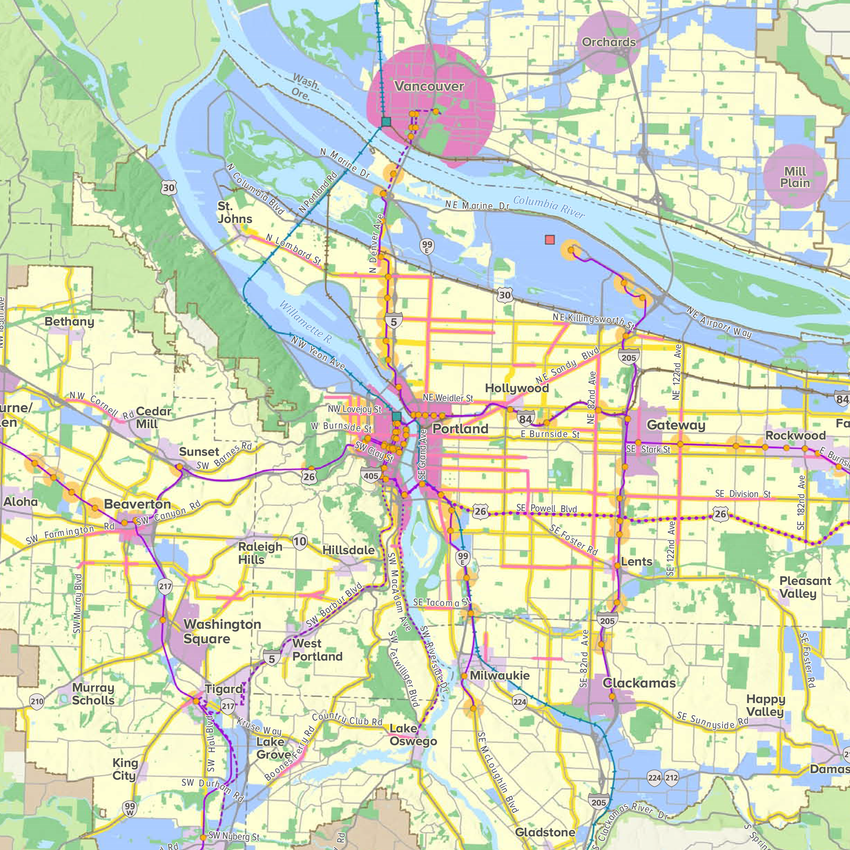
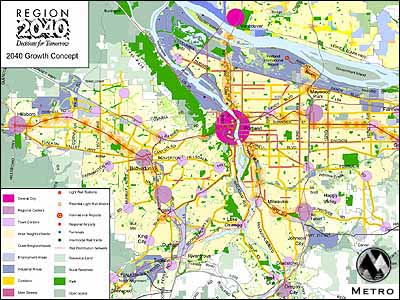

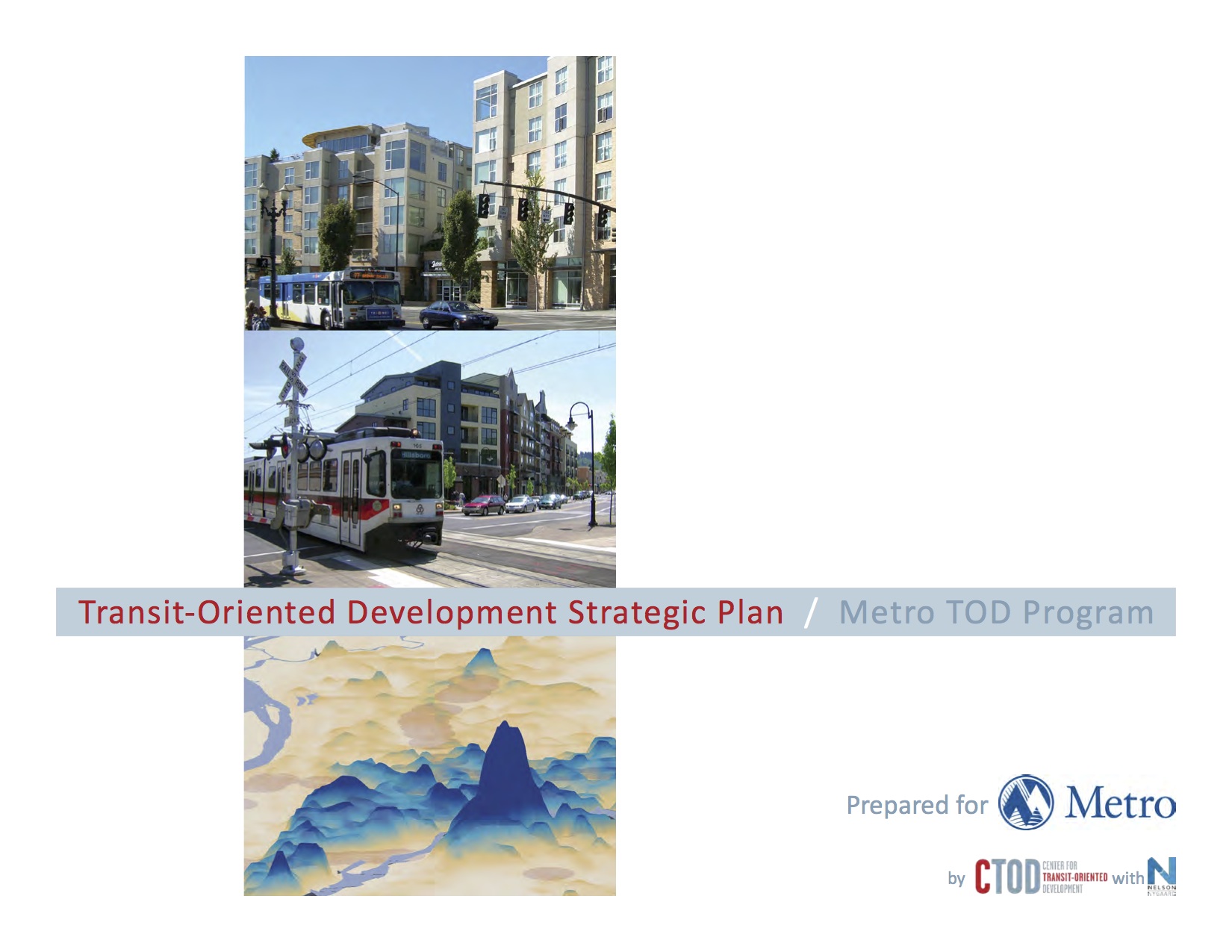

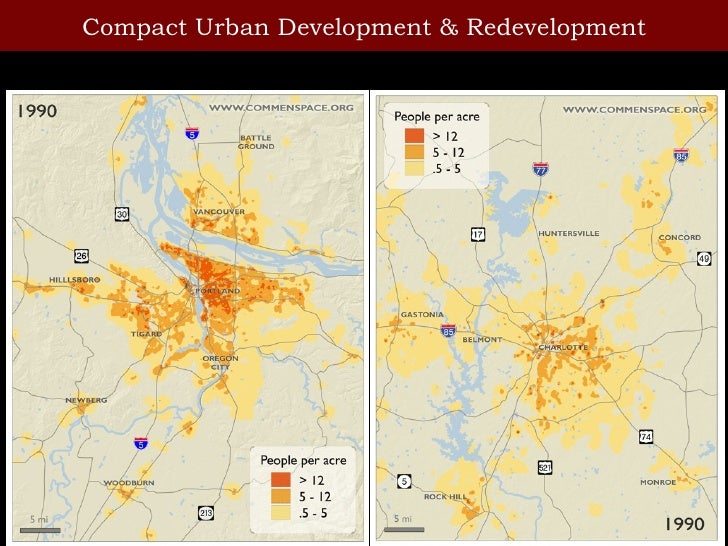


Closure
Thus, we hope this article has provided valuable insights into A Comprehensive Look at the Portland Metro’s Future: Understanding the Role of the Regional Planning Organization. We thank you for taking the time to read this article. See you in our next article!